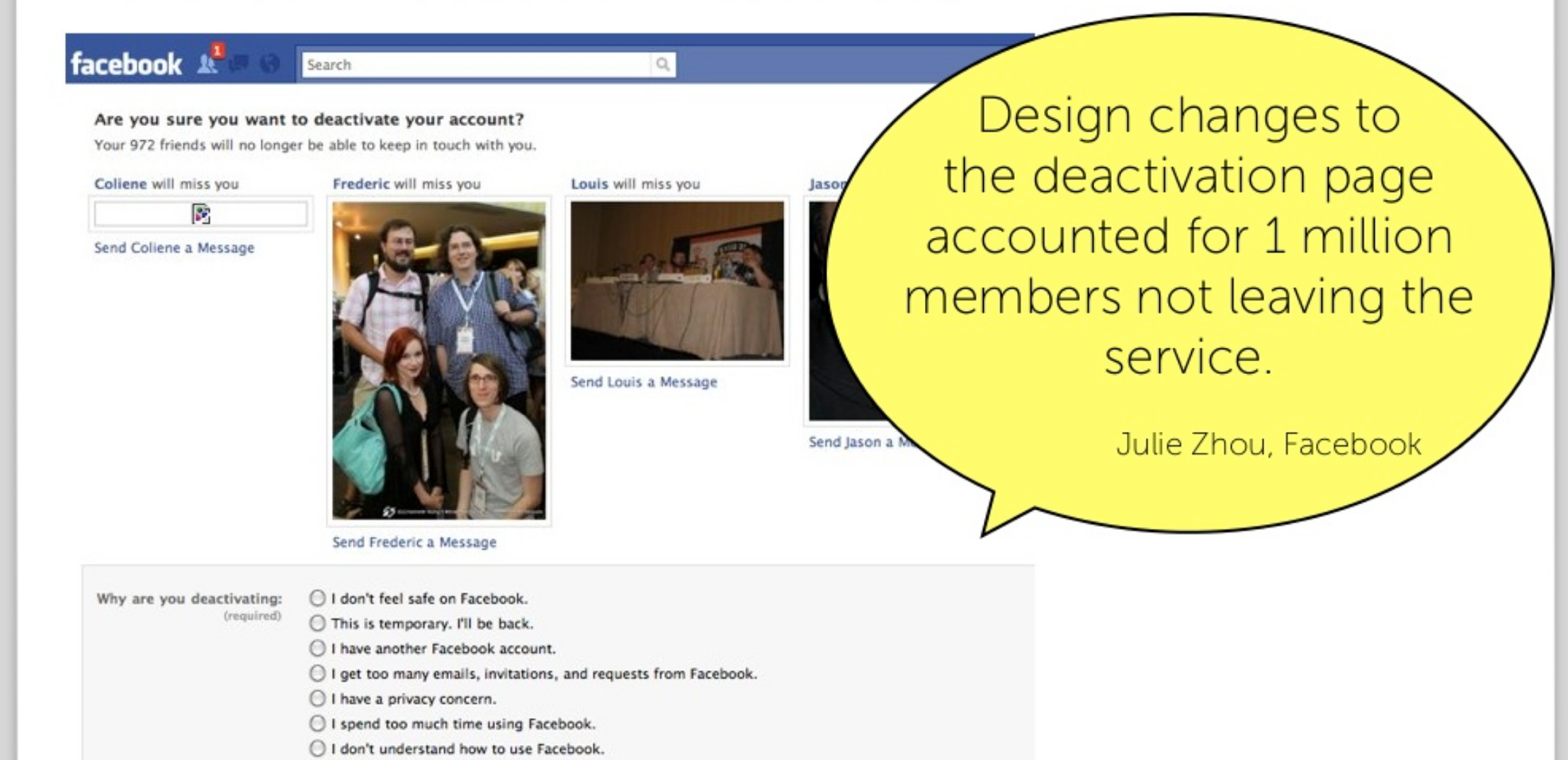“When we own goods, we value them higher than when we don’t”
How we value items depends on whether or not it is ours. The effect (also known as ‘divestiture aversion’) is that when there are two identical products, we especially value the one we own.
In other words: we want more money if we sell a product, than what we are willing pay when buying it.
Scientific research example:
The prototypical studies into the endowment effect involve mugs and other equally priced products.
Imagine Nobel-prize winner Daniel Kahneman gives you such a mug. You say “thank you”. Daniel than asks you if you want to trade ‘your mug’ for any other goods. Typically you’d want twice the money for the product he gave to you, than you would for a product he didn’t…
Behavioral economics guru Dan Ariely did a similar study involving a lottery with tickets for the NCAA final. He found that his students were asking 14 times more for the ticket when they won it, than they were willing to pay for a ticket in the first place.
Online Persuasion tips:
[checklist]
- Use trial periods so your customers feel like they already own the product.
- Imply a ‘return for free’ policy (obligatory in a lot of countries).
- Among existing customers, experiment with asking whether or not they are willing to sell the product for the price they paid. This might make them realize how much they value your product.
- If it works, show your prospective customers how unwilling your existing customers are to sell.
- When a customer leaves you, try to make him realize the good things he’ll lose.
- Realize that prospects probably value their current choice more than they rationally should.
[/checklist]
Online tests:
Facebook tested the effect of mentioning the fact that you’ll lose contact with your friends via Facebook when you deactivate your account. This ‘you’ll no longer have this’-technique turned out to be quite effective (see slide 40).
Further reading on the endowment effect:
- Endowment effect on Wikipedia
- Ziv Carmon and Dan Ariely, Journal of Consumer Research. 27(3), 360-370 (2000) “Focussing on the Forgone: How Value Can Appear So Different to Buyers and Sellers”

